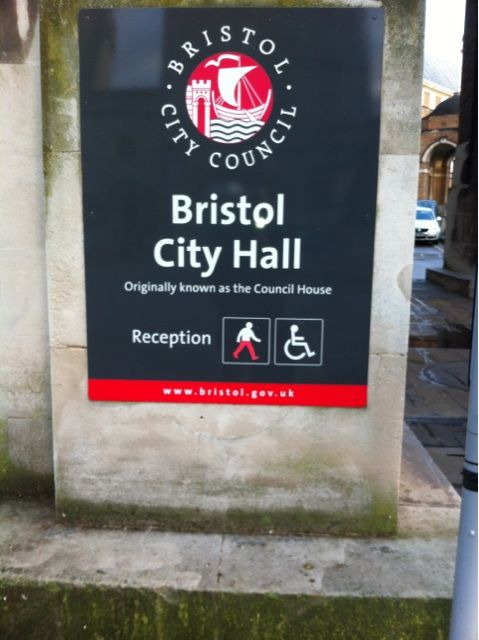Haggis – a poetic dish

Burns is also regarded as a pioneer of the Romantic movement and after his death he became a great source of inspiration to the founders of both liberalism and socialism, as well as a cultural hero in Scotland and the Scottish diaspora around the world.
Rabbie’s birthday is now traditionally celebrated by a Burns Night supper, of which haggis is an essential ingredient, traditionally accompanied by ‘neeps’ (turnips or swede) and ‘tatties’ (potatoes). One gets the impression that Rabbie was rather fond of haggis, since in 1786 he wrote “Address To A Haggis”, which is reproduced below.
Fair fa’ your honest, sonsie face,
Great chieftain o’ the pudding-race!
Aboon them a’ yet tak your place,
Painch, tripe, or thairm:
Weel are ye wordy o’a grace
As lang’s my arm.The groaning trencher there ye fill,
Your hurdies like a distant hill,
Your pin was help to mend a mill
In time o’need,
While thro’ your pores the dews distil
Like amber bead.His knife see rustic Labour dight,
An’ cut you up wi’ ready sleight,
Trenching your gushing entrails bright,
Like ony ditch;
And then, O what a glorious sight,
Warm-reekin’, rich!Then, horn for horn, they stretch an’ strive:
Deil tak the hindmost! on they drive,
Till a’ their weel-swall’d kytes belyve
Are bent like drums;
Then auld Guidman, maist like to rive,
Bethankit! hums.Is there that owre his French ragout
Or olio that wad staw a sow,
Or fricassee wad make her spew
Wi’ perfect sconner,
Looks down wi’ sneering, scornfu’ view
On sic a dinner?Poor devil! see him owre his trash,
As feckles as wither’d rash,
His spindle shank, a guid whip-lash;
His nieve a nit;
Thro’ blody flood or field to dash,
O how unfit!But mark the Rustic, haggis-fed,
The trembling earth resounds his tread.
Clap in his walie nieve a blade,
He’ll mak it whissle;
An’ legs an’ arms, an’ hands will sned,
Like taps o’ trissle.Ye Pow’rs, wha mak mankind your care,
And dish them out their bill o’ fare,
Auld Scotland wants nae skinking ware
That jaups in luggies;
But, if ye wish her gratefu’ prayer
Gie her a haggis!

Furthermore, I might also have to find time to bone up on the Address above as I might have to do it.
If you are celebrating Burns Night too, do enjoy it!





